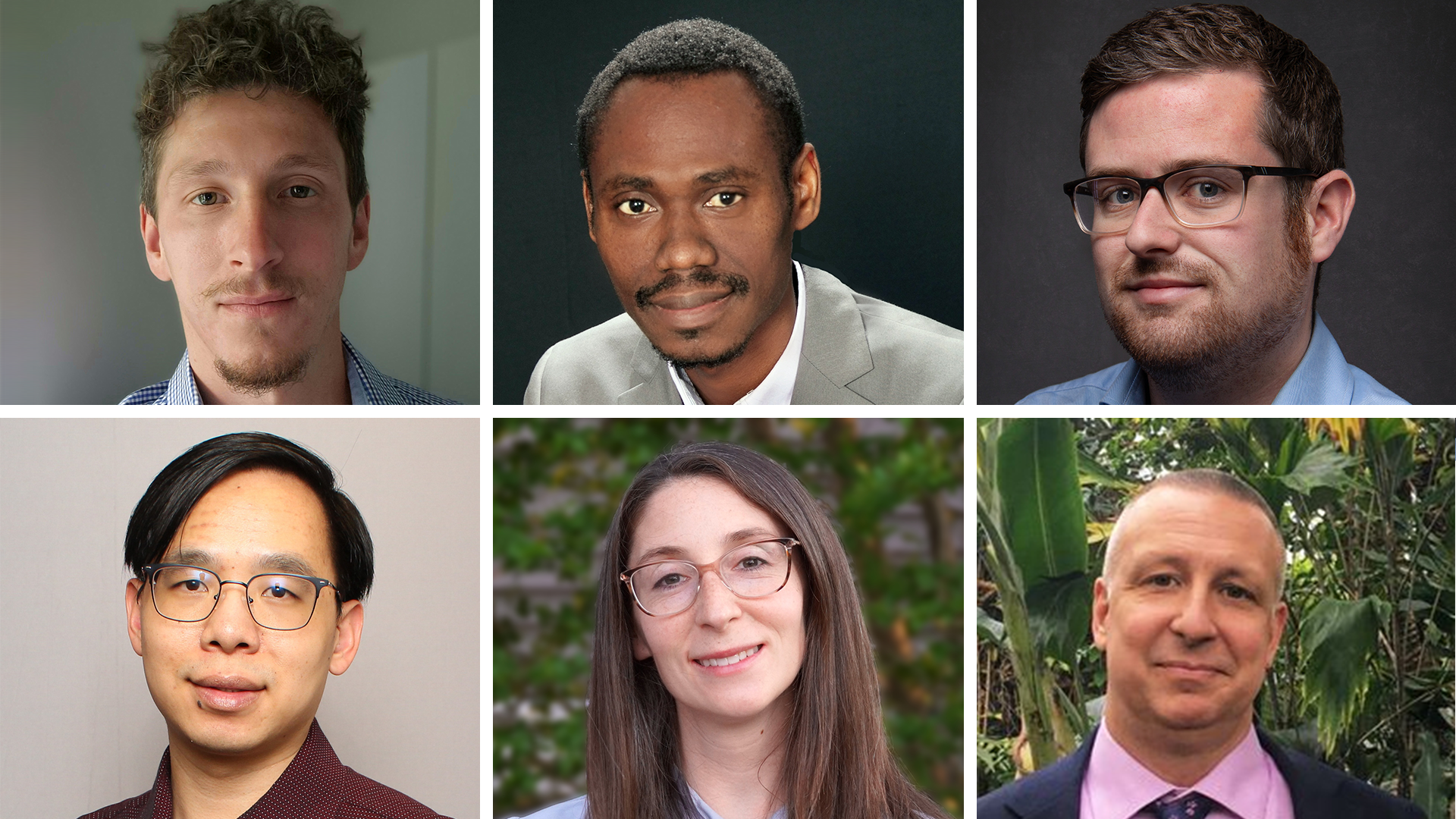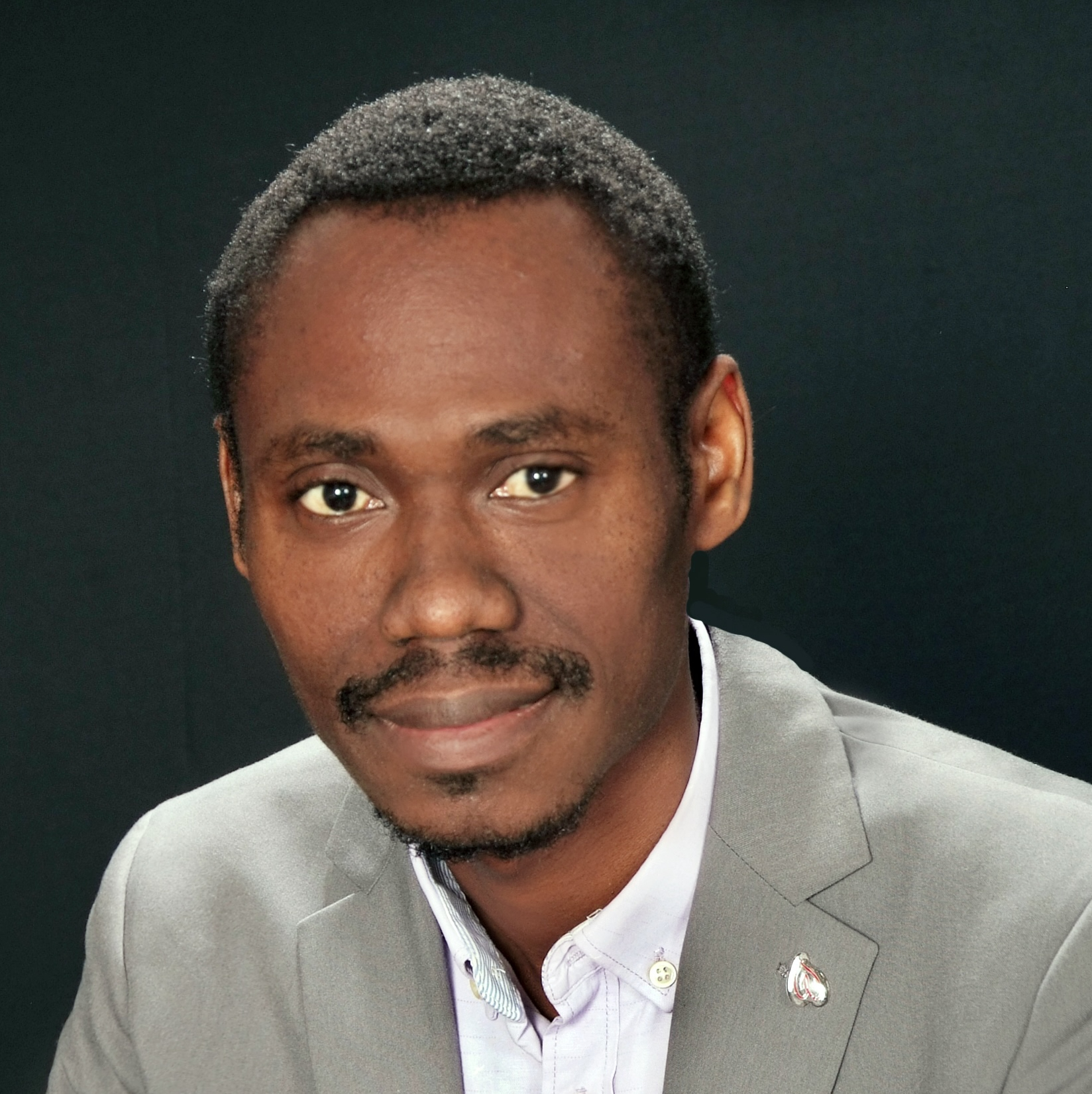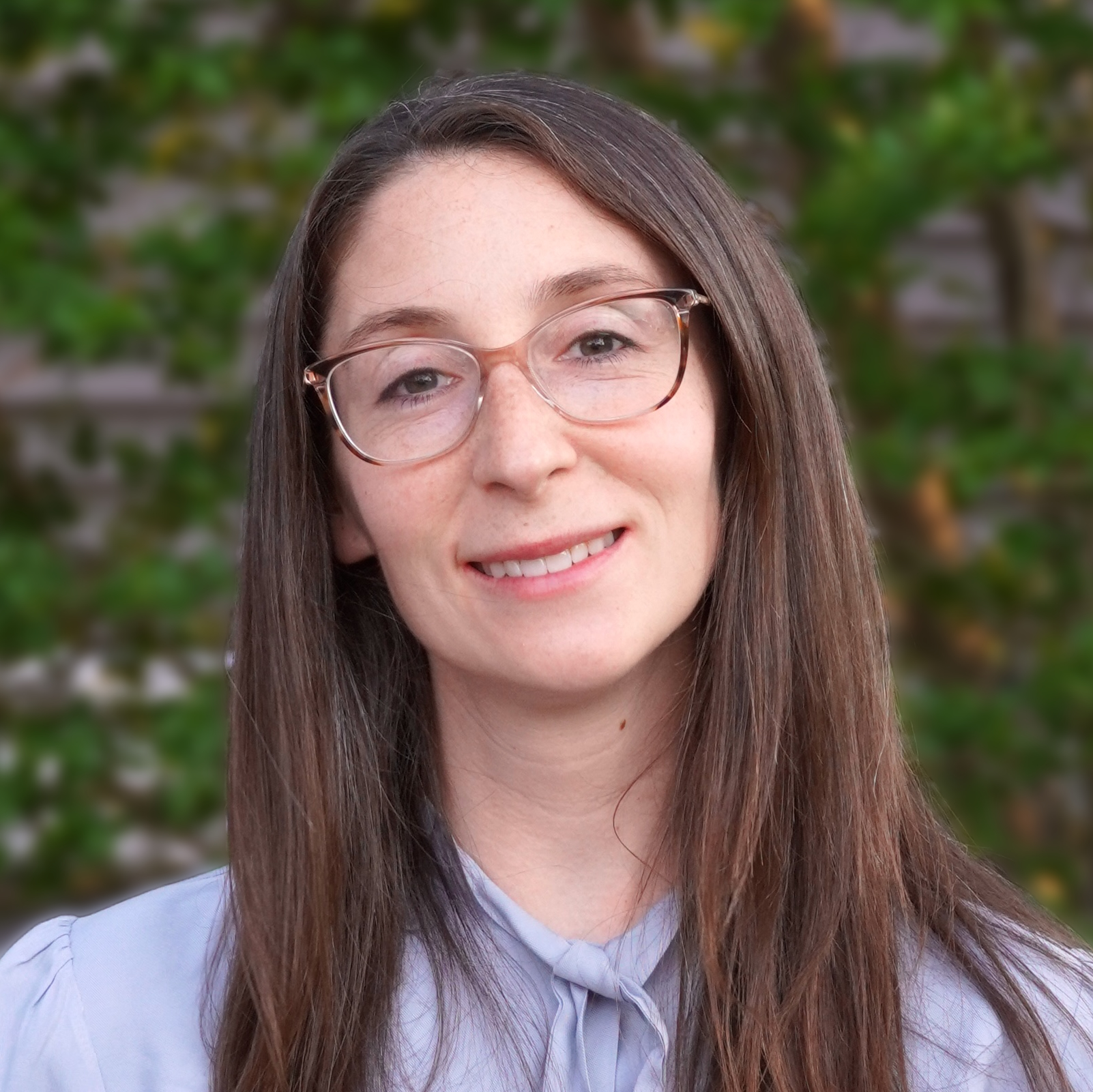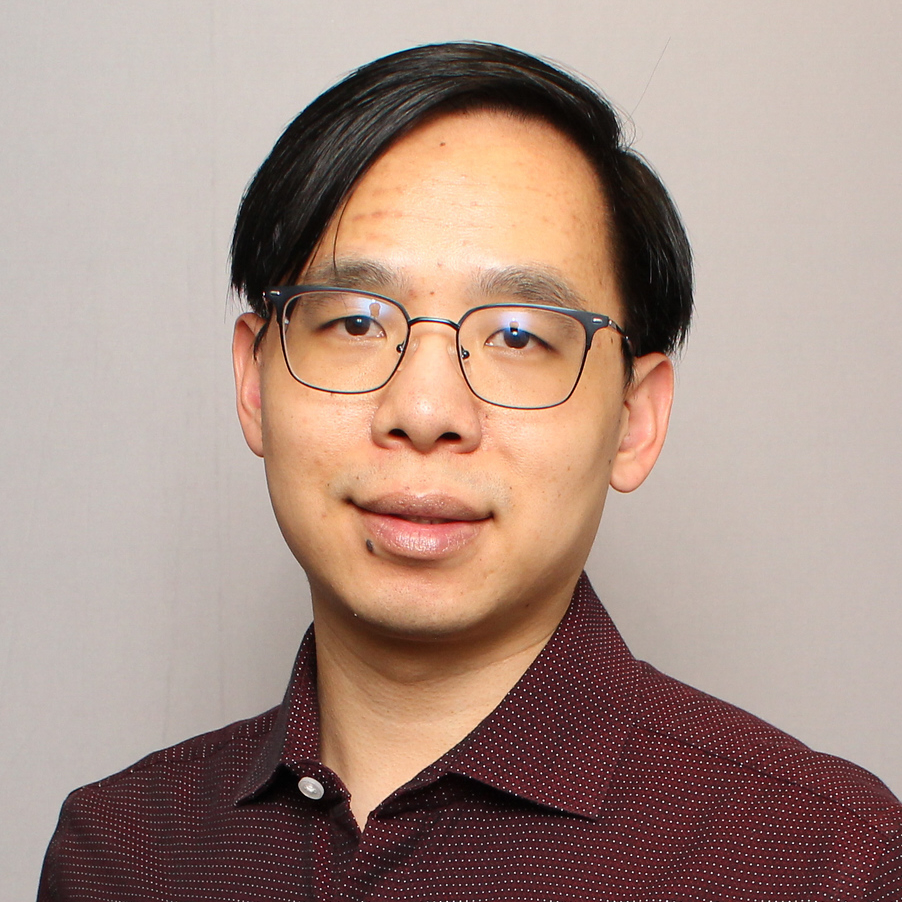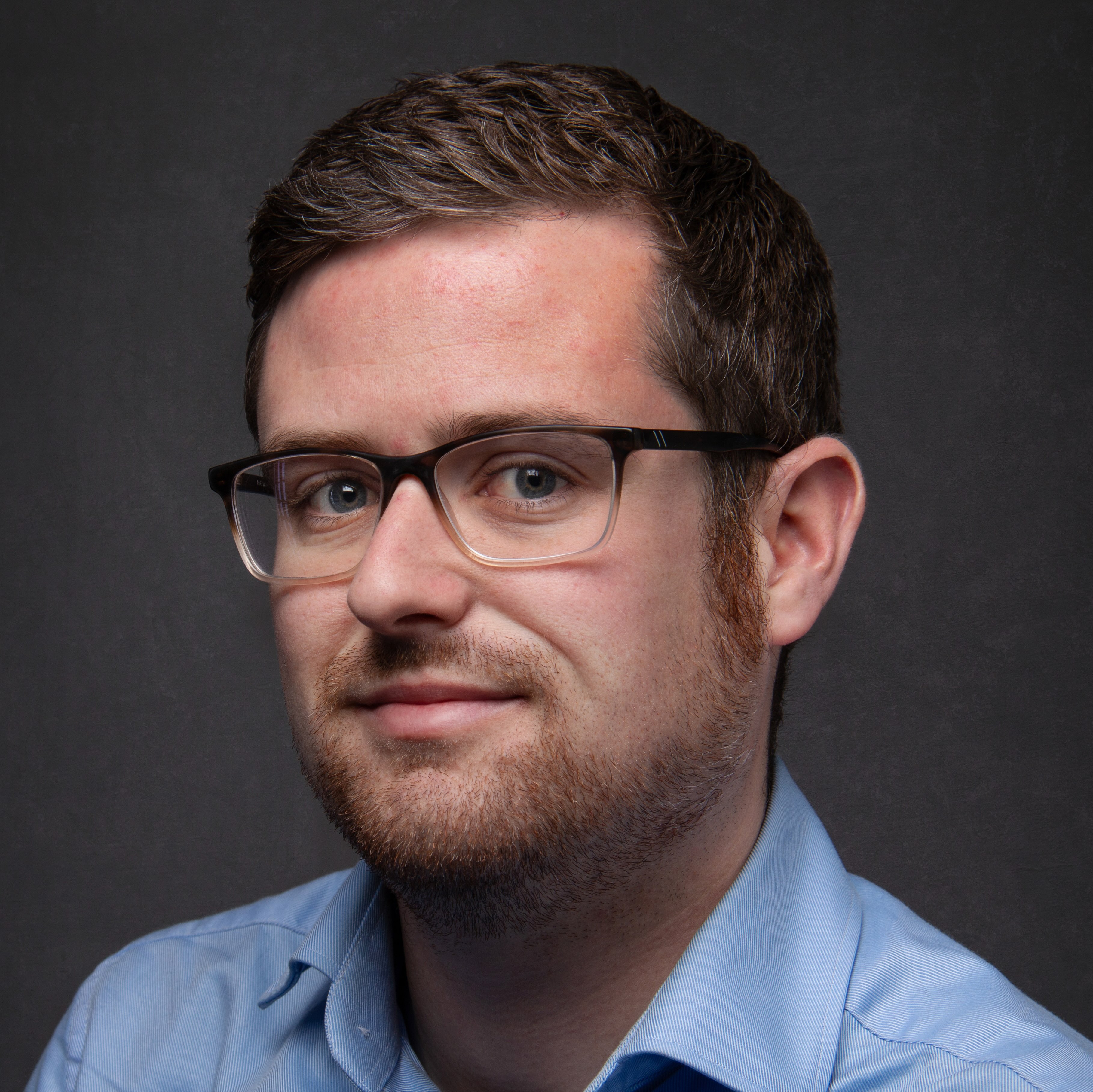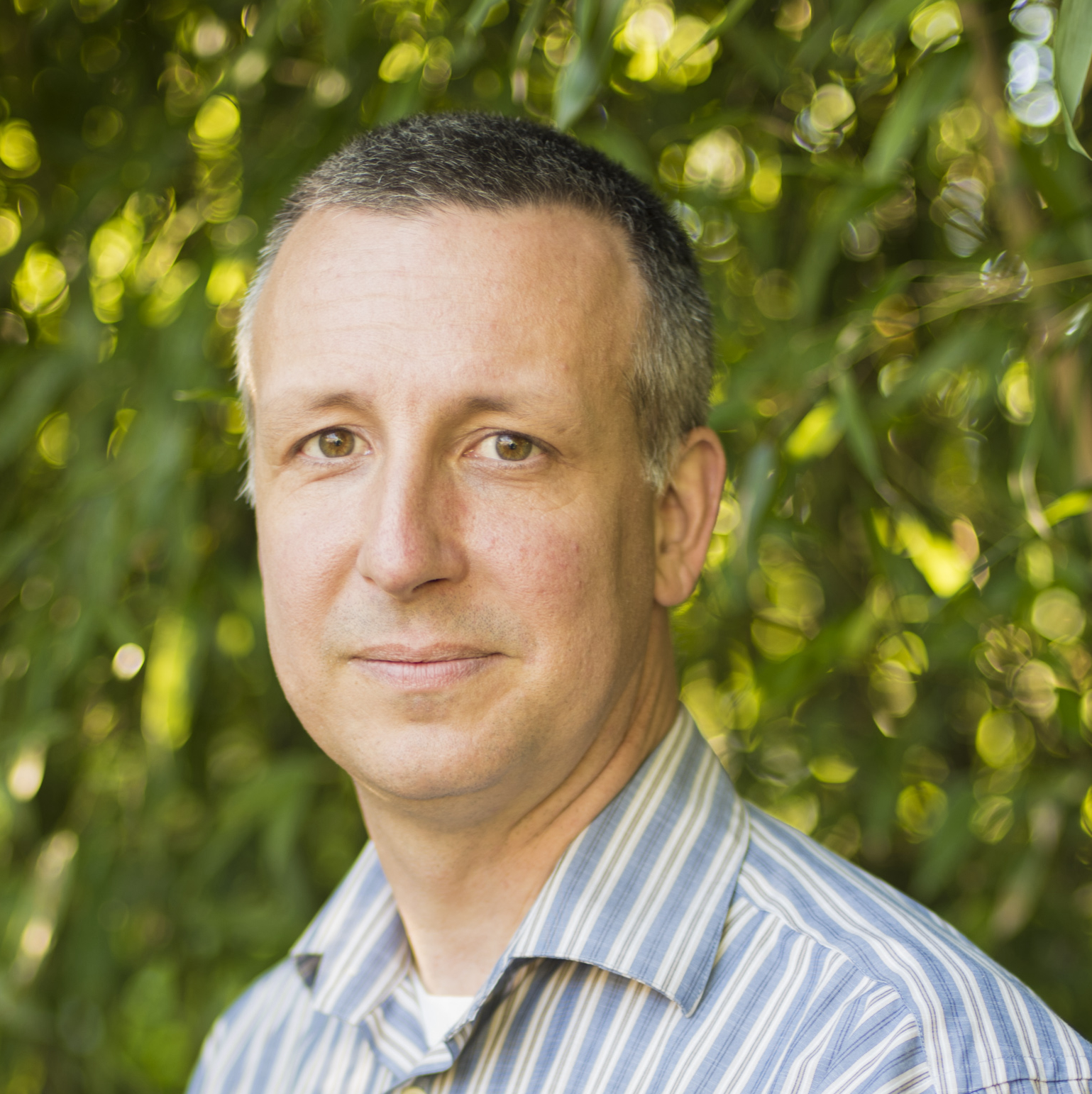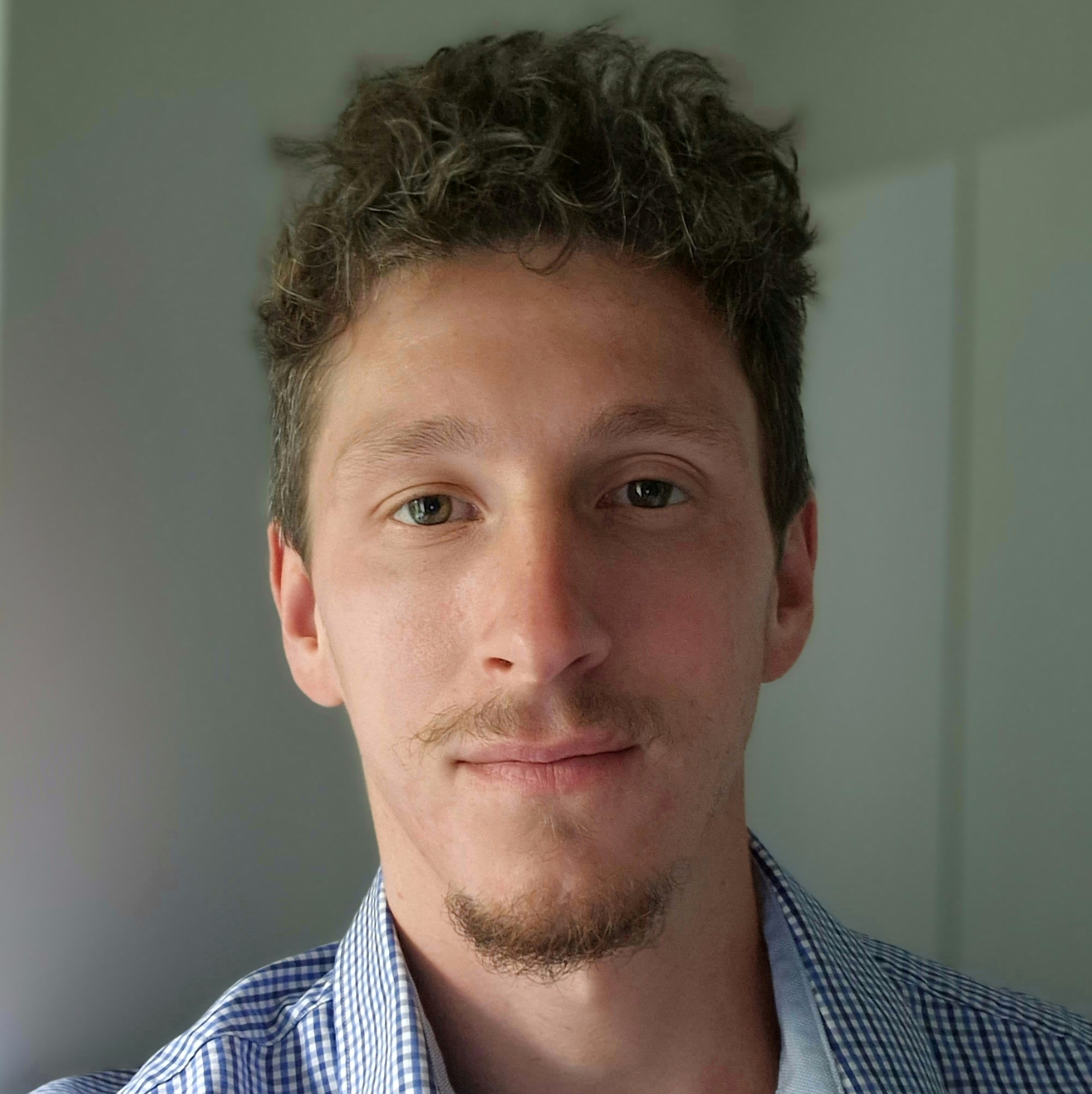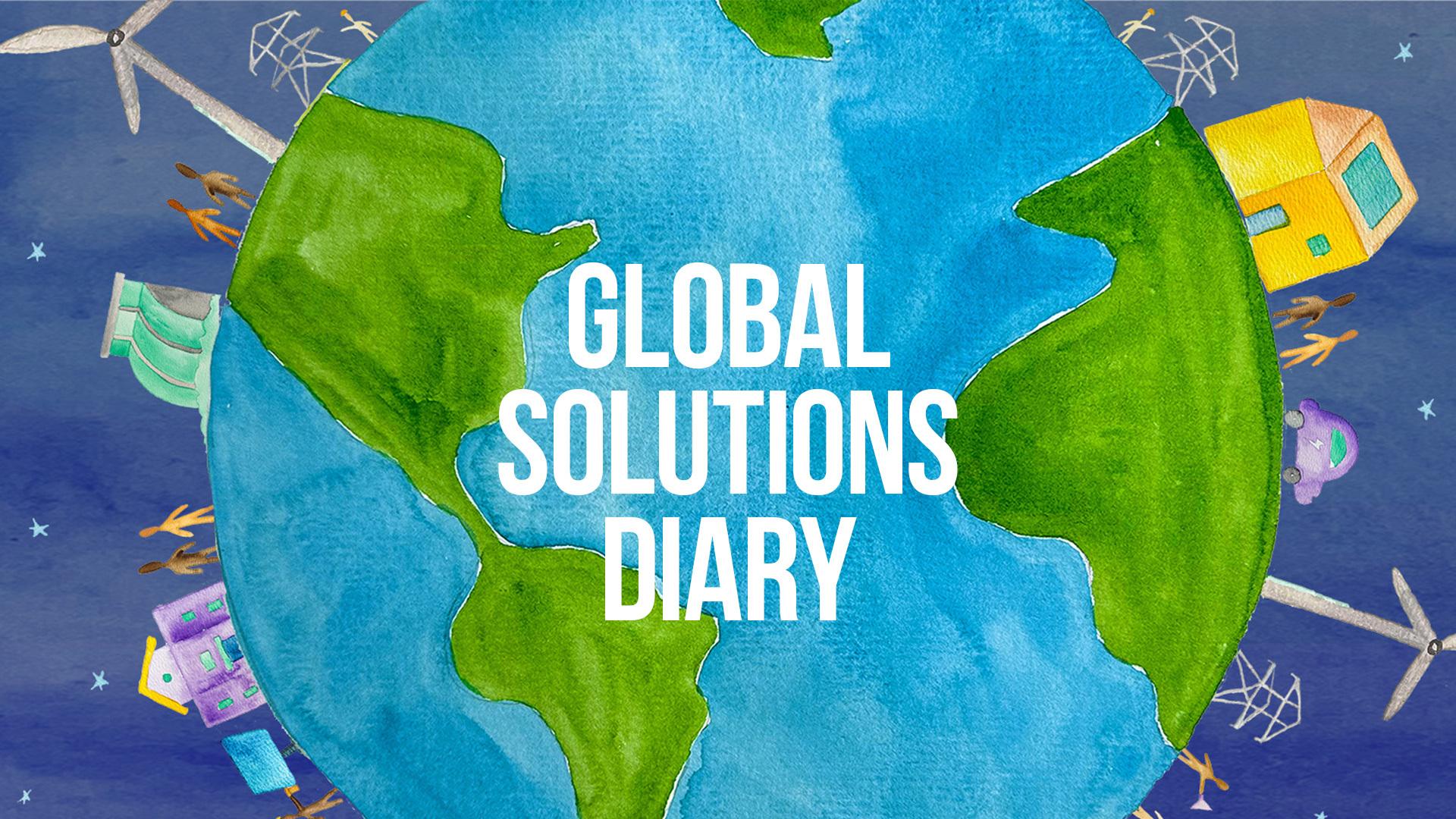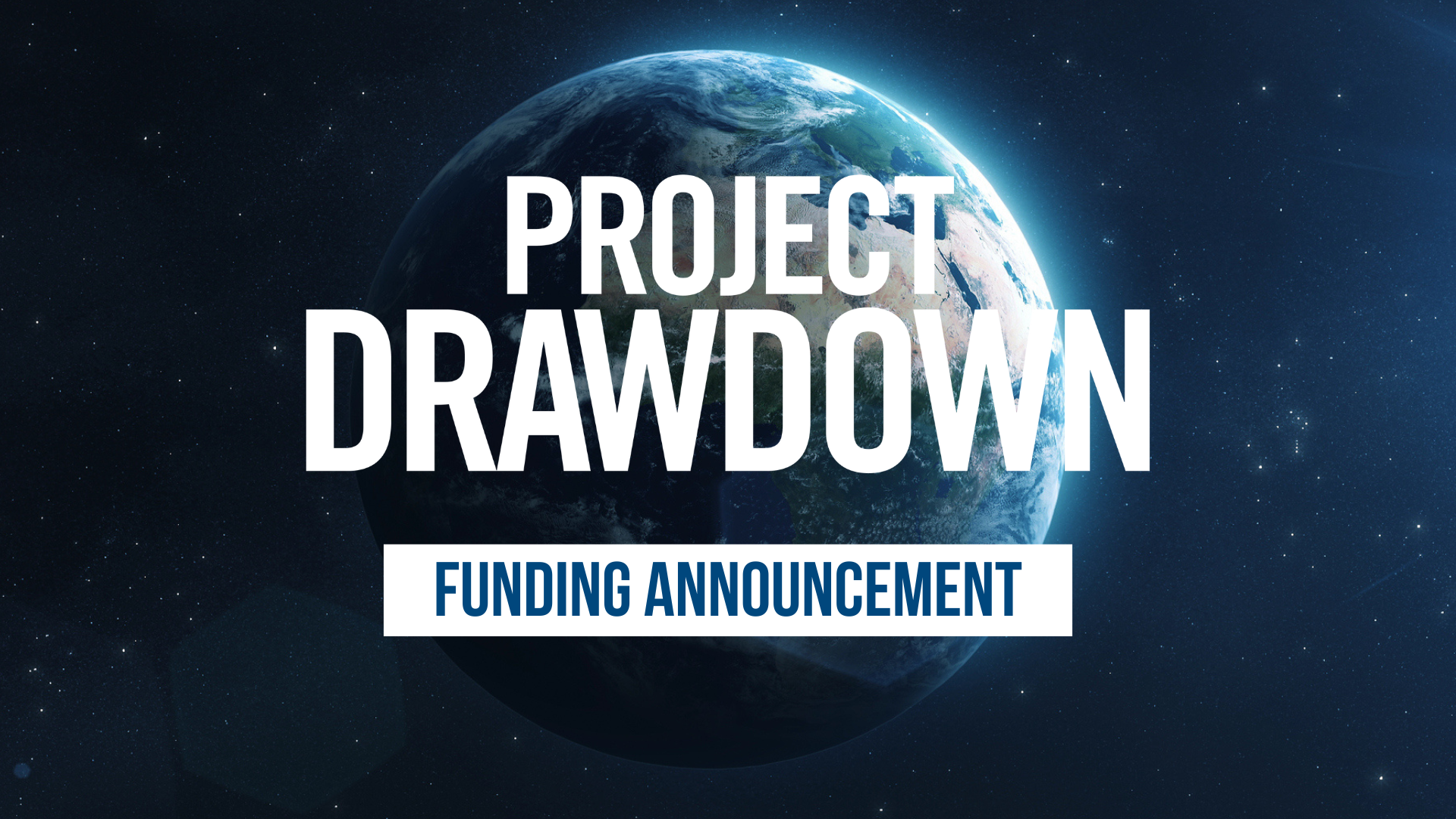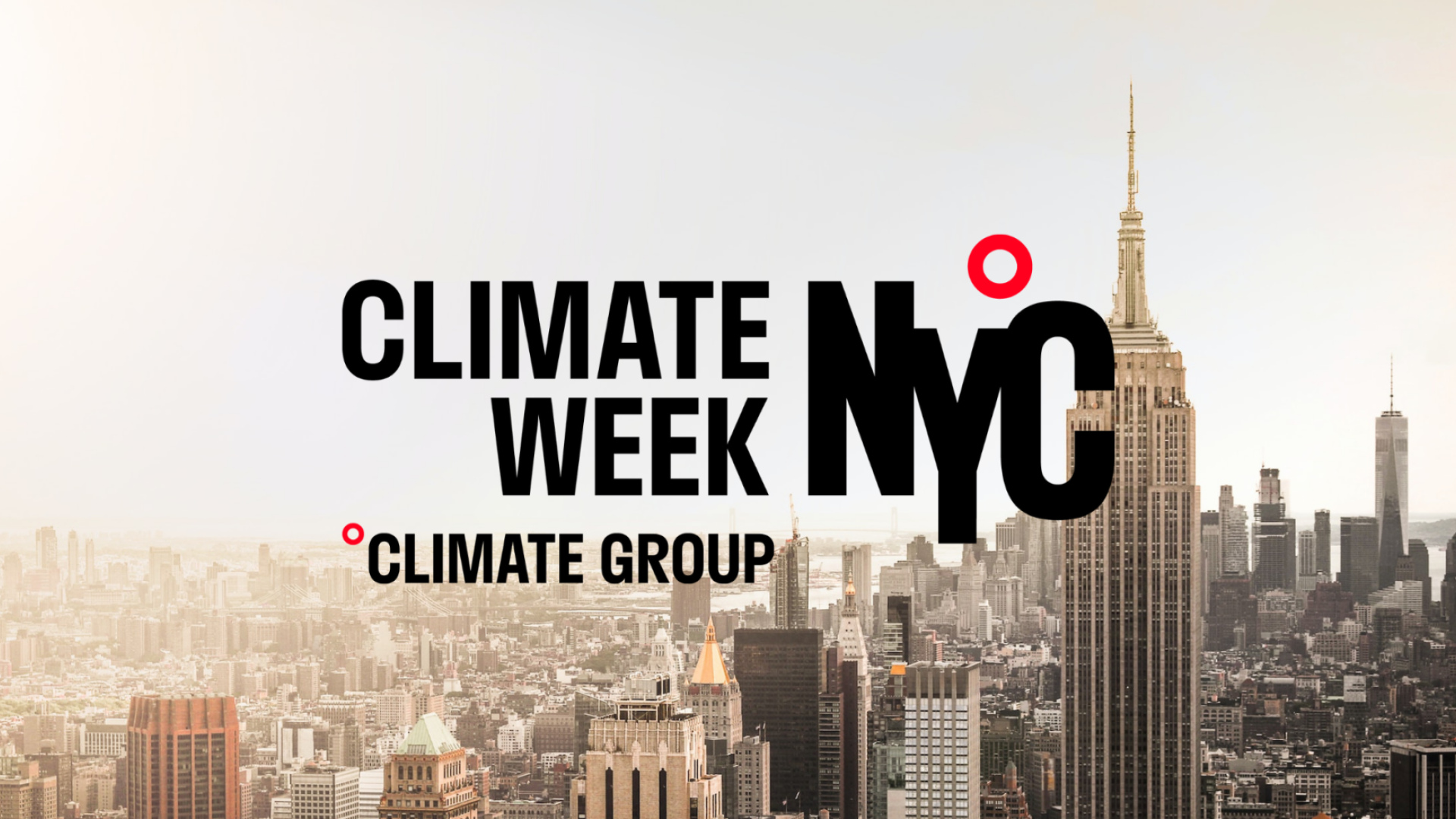The massive undertaking is part of a dramatic reimagining of Project Drawdown’s signature climate solutions framework and data. It builds on the Drawdown Roadmap framework, which moves beyond identifying possible solutions to designing strategies for deployment and impact. It will include better data and models, more transparent and actionable information, more geographic detail, and detailed information on co-benefits and rates of deployment – far beyond anything that has been done before.
The yearlong project is expected to yield a new set of 85 climate solutions across eight sectors. In addition to identifying specific technologies and strategies that can measurably reduce greenhouse gas concentrations in the atmosphere, it will provide detailed guidance on how we can tailor the “what,” “when,” “where,” “who,” and “how” of deployment for greatest impact. I
“This new climate solutions framework set will bring state-of-the-art scientific knowledge to bear on how humanity can best halt climate change. Each will include data and tools that stakeholders can use to identify their own climate solutions practices customized to their unique circumstances,” says Project Drawdown executive director Jonathan Foley, Ph.D. “We believe this is the missing piece in the puzzle that’s needed to accelerate the effective application of climate solutions and stabilize Earth’s climate before it’s too late.”
Meet the six Project Drawdown research fellows:
Stephen D. Agyeman, Ph.D., is a researcher, writer, and policy advocate with expertise in electricity and industrial sector decarbonization. His research focuses on low-carbon fuels, clean technologies innovation, energy economics, and policy regulation. He earned his doctorate in energy economics and management from Xiamen University, where he studied (de)regulation’s contribution to advancing negative emission technology in Africa. Stephen's career has spanned the electric power sector, academia, think tanks, and international development with Genser Energy Ghana, the World Bank Group, the University of Strathclyde, and more. At Project Drawdown, he is focusing on the electricity, industry, and transport sectors.
Sarah Gleeson, Ph.D., is a materials scientist with expertise in plastics, carbon removal, and science communication. She earned her doctorate from Drexel University in Philadelphia, where she wrote her thesis on designing a nanoscale synthetic bone composite. Previously, Sarah was a scientist at Running Tide studying ocean carbon removal and a postdoc at Lawrence Berkeley National Lab researching surfactants at liquid interfaces. Her research interests include systems-level decarbonization, waste mitigation, and global materials circularity. At Project Drawdown, she is analyzing the impact of emissions reductions in the industrial sector and the techno-economic potential of engineered carbon sinks.
Jason Lam, BSc, MEL, holds a bachelor’s degree in biosystems engineering with an environmental specialization from the University of Manitoba and a master of engineering leadership in clean energy engineering from the University of British Columbia. He previously analyzed Canada’s liquefied natural gas sector for the nonprofit Pembina Institute and did engineering consulting in both Manitoba and British Columbia with downstream oil and gas clients. His work with Project Drawdown focuses on the buildings, electricity, and industry sectors.
Cameron Roberts, Ph.D., is an interdisciplinary social scientist who specializes in studying low-carbon technologies in their full social context. He is particularly skilled at using insights from the past to understand how low-carbon innovations might have a greater impact in the future. Cameron earned his Ph.D. from the University of Manchester in socio-technical transitions theory. He has studied low-carbon solutions in transportation, electricity generation, space heating, agriculture, and heavy industry and developed a methodology to use historical insights to inform assessments of the future potential of geoengineering technologies. His work for Project Drawdown focuses on low-carbon transportation.
Eric Toensmeier is a writer, trainer and consultant working on agricultural climate change mitigation. He specializes in agroforestry and perennial crops. Eric has served as a Senior Fellow with Project Drawdown and the Global Evergreening Alliance, and a lecturer at Yale University. His books include The Carbon Farming Solution and Trees with Edible Leaves. His work for Project Drawdown focuses on food, agriculture, and land use solutions.
Eric Wilczynski is an energy professional with an interdisciplinary career spanning from analyst and operations roles in the North American power and demand response industries to research positions in European climate think tanks and research centers. His main research interests are related to energy flexibility, demand response, and decarbonizing the heating and cooling sectors. He is completing his Ph.D studies with Utrecht University and the University of Geneva. Eric’s work with Project Drawdown focuses on the electricity and buildings sectors.

